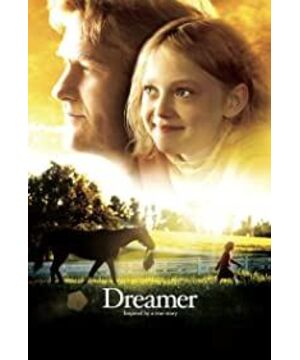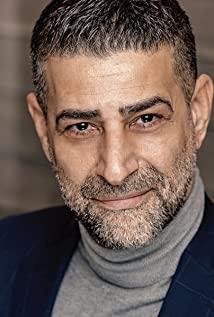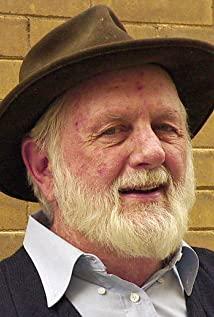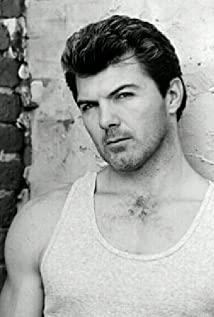The story takes place in Kentucky, USA. The Crane family is a well-known local horse trainer family. Their horse farm used to be the best horse farm in Kentucky, but now their horse farm is in depression, they no longer even own their own horses, and the second generation owner of the family, Ken Crane, can only make a living by training horses for horse dealers and Arabian princes. His 10-year-old daughter Cale has inherited the family's love of horses. On this day, she came to the arena with her father to watch the race of Sunado, a racehorse trained by him. Sunado is a champion racehorse of good blood, but he suffered an accidental fracture during this race. The wounded Sunado was nearly destroyed by the horse dealer Palmer. At this time, Ken and Cale bought Sunado, but Ken also offended Palmer and lost his job. The Crane family's stable has been repopulated with beautiful horses. Let's all do our best to take care of Sunado. As it gradually recovered, Ken's bad relationship with his father, as well as the father-daughter and husband-and-wife relationship who had previously been estranged because of Ken's busy work, improved day by day. At Cale's insistence, they overcame all odds to get Sunado into one of the biggest races in horse racing: Breeder's cup. In the game, Sunado, who recovered from injury, miraculously defeated all his opponents and won the championship.
There is no doubt that the role of daughter Cale is the most dazzling part of the whole show. She is kind and full of dreams, not to mention that she is only 10 years old with staggering determination and intelligence. It is she who drives all the dreams in the story: dreams that have been dormant for a long time, dreams that have suffered setbacks, dreams that seem impossible to come true... all dreams come to life slowly.
Young actor Dakota Fanning played the role of Cale brilliantly. Her performance reminds me of Haley Joey Osmant (David in Artificial Intellegence). Both of these precocious children were surprisingly gifted. What makes their performances most incompatible with their age is their slow and coherent speech, as well as their calm and calm expressions. Such ability to control rhythm may not be possessed by even adults. Slow is a certain kind of power. This sentence is really true. Her recitation and expression combine two feelings of purity and calmness, and sometimes even give me a rather unrealistic feeling of negative charm. Among them, my favorite is her reciting the poem:
"You are a great champion. When you ran the ground shook. The sky opened and mere mortals parted. Parted the way to victory. Where you will meet me in the winner's circle .Where I will lay a blanket of flowers on your back."
This is a poem that my grandfather taught to his little granddaughter Cale in the movie. Dakota Fanning read it very movingly. Especially as the interpretation of the two narrations, with the slightly zoomed-in and slow-down shots, people can experience a vast spiritual world and infinite expectations.
This poem coincides with another word "king" that appears frequently in the film: in the film, the grandfather said to the little granddaughter: "Racing is a game of king"; the allegorical story Cale wrote in school is also about Castle , a magic horse and King. We can simply interpret this repetition as an emphasis on the luxury of the sport itself, but from a deeper meaning, horse racing culture itself is associated with knight culture and aristocratic culture. The King in the movie actually represents the recognition of the nobleness of the spiritual world in the elite culture.
The horse trader Palmer represents the secular merchant culture. He is narrow-minded, mercenary, mean, and scoffs at the behavior of the Crane family. The existence of the two Arab princes reflects the helpless compromise, envy and essential incomprehension of the Western traditional elites towards the alien culture. Although the Crane family has been ridiculed by Palmer as a lunatic family and has indeed lost its previous economic superiority, they are still highly respected in the eyes of other local horse breeders. Their superiority does not come from aristocratic family status or absolute economic strength - in fact, even in the prosperous period of the Crane family, they do not belong to aristocratic families or wealthy - the sense of superiority they experience comes from Their persistence in the industry (horse training) they are engaged in and their professional ability beyond everyone.
In any case, the lucky few of the Crane family in the movie are very few. The vast majority of out-of-place dreamers appear vulnerable and hesitant in the face of a strong business culture or enormous wealth. Their doubts about themselves are the prelude to giving up. That's why I love Crane's poetry, it's full of courage and pride.
http://www.imdb.com/title/tt0418647/
View more about Dreamer reviews











